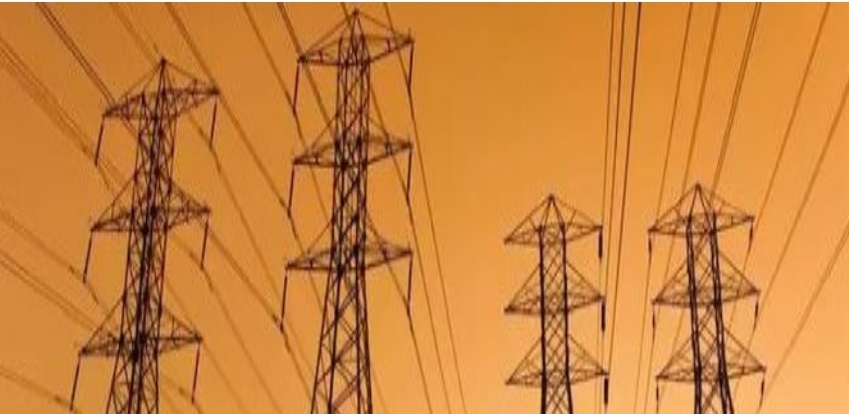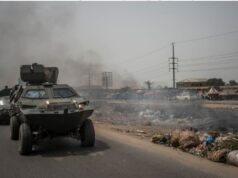Gwadar Faces Power Shortage After Iran Suspended Electricity Supply

China-Pakistan Economic Corridor (CPEC) is stretched from China to Gwadar. It’s also the region belonging to the oppressed Baloch minority within Pakistan. Baluch claim that they have been sold to the Chinese who are just exploiting the rich resources of their land.
The proposed 300MW coal power plant to be made by the Chinese has also been delayed due to financial issues and it may take 4-5 years for completion and commissioning of the project, said a report.
Last month, poor planning and lack of infrastructure left residents of Gwadar and other parts of Makran division homeless washing away their limited resources after recent heavy rains, reported Dawn.
Prime Minister Imran Khan announced development packages to improve the situation however the ground realities show the opposite.
On September 12 last year, during his brief visit to Quetta, Prime Minister Imran Khan hinted at a special development package said to be worth nearly USD 1 billion for southern Baluchistan, which exclusively revolves around the Makran division.
Gwadar is a port city and capital of South Baluchistan, located on the southwestern coast of Baluchistan, Gwadar district in Pakistan faced an acute shortage of electricity after Iran suspended the electricity supply to Pakistan, according to reports.
People took to the streets to protest against the shortage of electricity.
According to reports, the electricity demand of Makran Division, including Gwadar is 150MW and currently, the only source of supply of around 104MW is coming from Iran.
Last year, the power supply from Iran was restricted to 30MW due to the domestic constraint of the Iranian Electricity Company responsible for the supply of power to the Makran Division. Only 110MW of supply can be transmitted from Iran due to the load-carrying capacity of the Pakistan-Iran transmission line, said the reports.
Makran Division is isolated from the National Grid of Pakistan. Huge investment and long construction time is required for its connection to the National Grid.
However, when Dawn visited the Makran division over four months after the people of Baluchistan had been first informed about the special development package, the water shortage was still there, let alone other basic facilities, reported the newspaper.
Again on November 14, 2020, PM Khan during his visit to Turbat announced a southern Baluchistan package that he said was aimed at creating more employment opportunities, highways, dams, electricity, and other developmental infrastructure for the region.
The situation in the Kulanch region is similar, as the acute water shortage, which makes women, men and children bring water-filled containers either on their shoulders or use wheelbarrows though some have donkeys and motorbikes for the purpose.
There is poverty and drought in Kulanch from where many villagers over the past two decades had gone to Pasni town for good, reported the newspaper.




